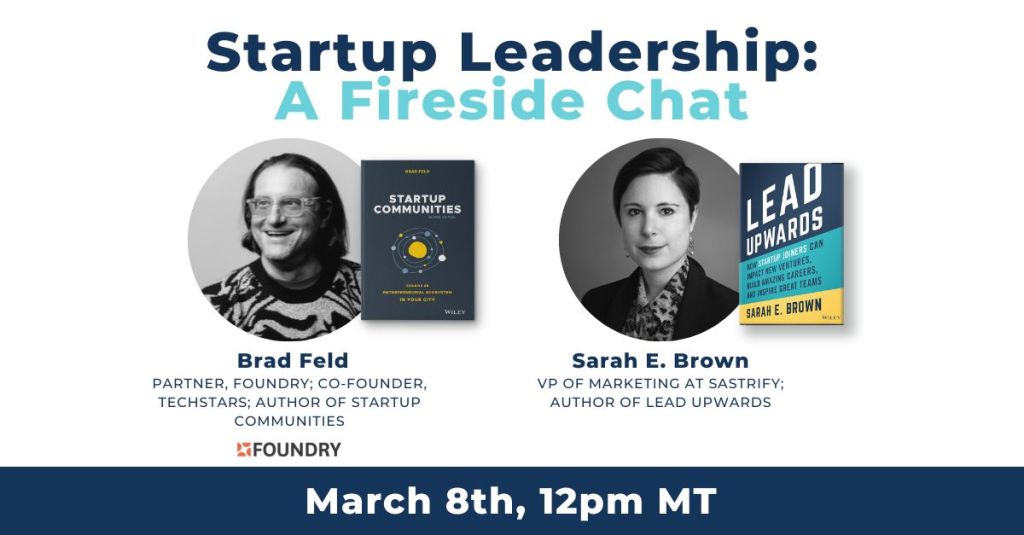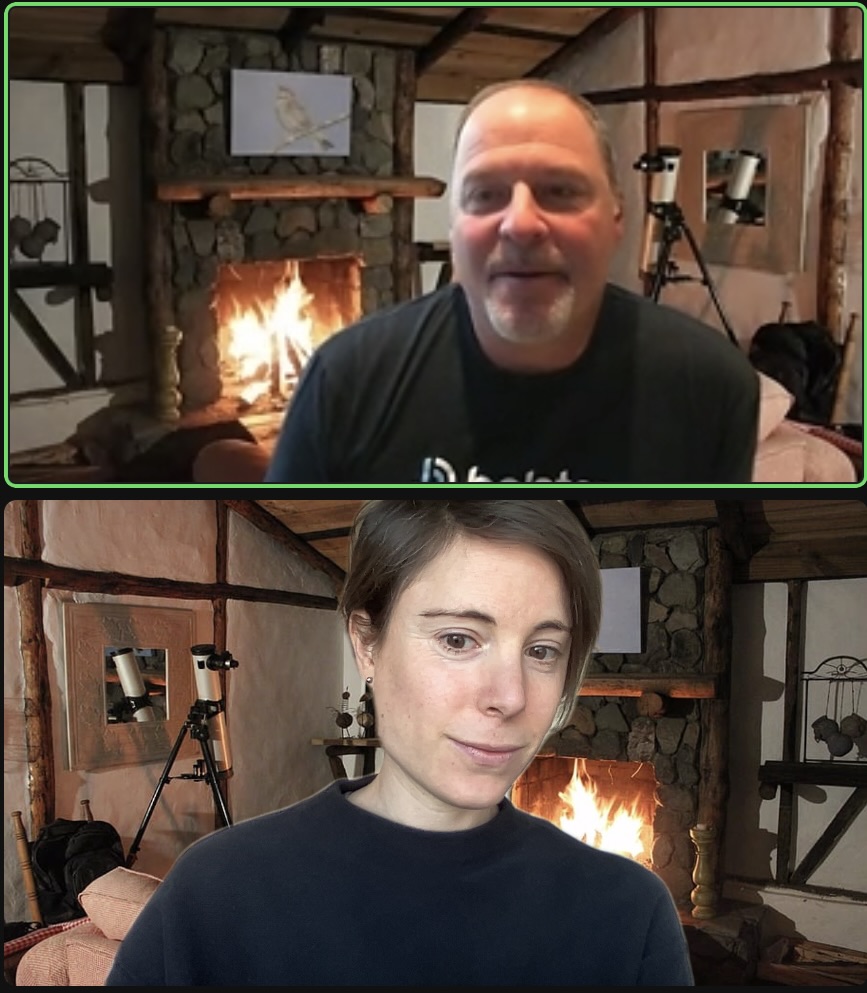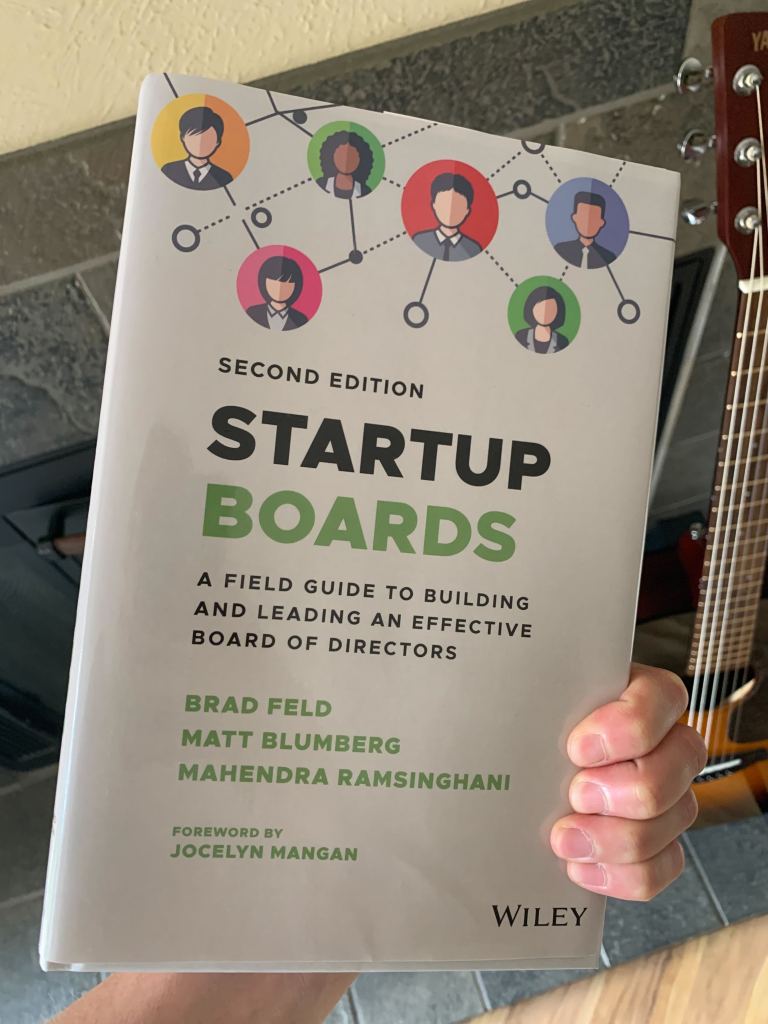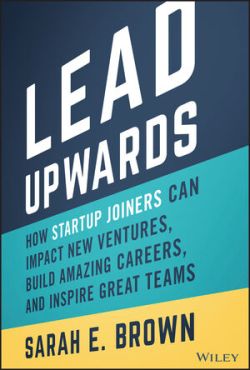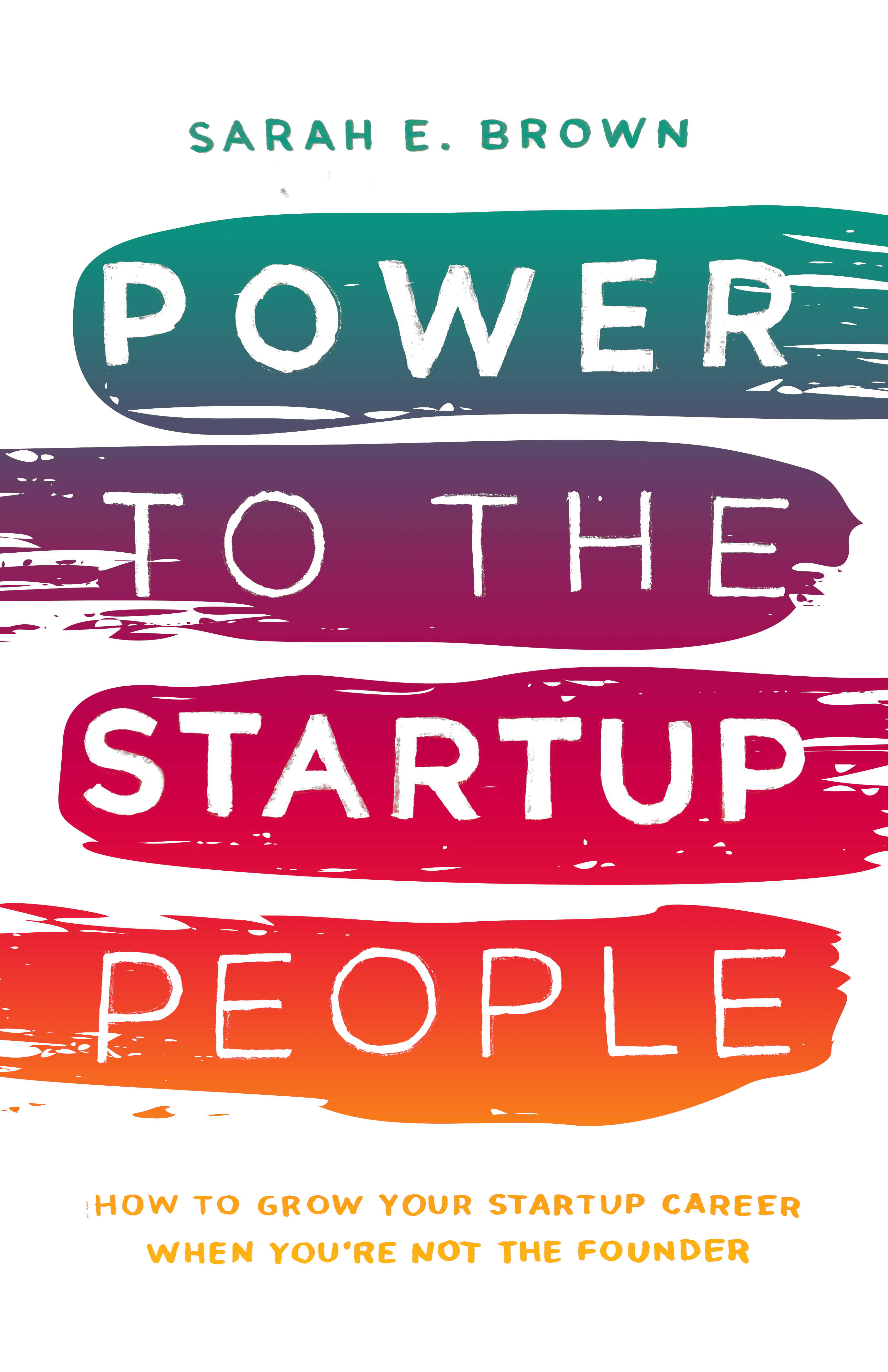
This post is adapted from my latest book, Lead Upwards: How Startup Joiners Can Impact New Ventures, Build Amazing Careers, and Inspire Great Teams.
When I became a mentor at Techstars, a leading accelerator with a presence around the world, I learned its manifesto “give first,” which means to give without an expectation of receiving (knowing we mentors will still likely receive a lot from the experience). I didn’t realize how important this was to my startup philosophy until I encountered ecosystems where that mentality wasn’t the case. It made me understand that generosity without expectation is truly the lifeblood of a successful startup ecosystem. There is so much to learn and limited resources to accomplish a startup’s mission and goals.
MENTORSHIP POWERS THE STARTUP ECOSYSTEM
I know what mentorship means both to myself as a mentor and to the founders with whom I have had the privilege of interacting. Techstars says that mentor relationships almost always become two-way. That’s definitely been true for me as I have been a lead mentor in Techstars Sustainability, Oakland Powered by J.P. Morgan, and Workforce Development accelerators.
One founder I mentored invited me to his baby shower two years after our mentorship relationship officially ended, and we regularly talk about life, relationships, as well as the startup world. Another mentor and I have a more formal relationship, but we have stayed in touch long after his program ended, and I consider all three of these founders as friends. They’ve helped me with life topics as much as I’ve helped their companies with their go-to-market strategies. That’s the gift of mentoring; whether you’re aiming to give or receive, know that it’ll be something that goes both ways.
MENTORSHIP IS ABOUT KNOWLEDGE AND CHEMISTRY
Mergelane co-founder Sue Heilbronner says a good mentor–mentee relationship needs personal connection and chemistry.
“Once you get through specific content and facts like ‘this person has great experience in finance’ and ‘this person could use some bolstering in their knowledge in this area,’ the connection is the thing,” says Heilbronner.
“Mentees are most successful when they think about identifying mentors as people who are already in their world with whom they have a big connection; it’s true for mentors also. We have formal structures in accelerators, incubators, and that’s all fantastic as a way to facilitate and enhance the power of mentorship, but informal opportunities can be very meaningful.”
MENTORS DON’T HAVE TO KNOW ALL OF THE ANSWERS
I’ve learned as a mentor to ask good questions and be open to how the recipient wants to navigate their answers, releasing ideas of how I think they “should” handle a situation, and trusting them to be the best judge of their own course of action. Mentors can advise and provide guidance but don’t oversteer. There’s great power in also knowing that when I receive mentorship, I can choose to listen to what resonates and discard the rest.
For example, I once was talking to a founder about a challenge with one of his co-founders around their average sales price (ASP) and how he was feeling about their difference of opinion. I didn’t try to tell him what to do or even push him to decide what action to take. I had my own opinion about what ASP would work best for their target market, but that wasn’t what he needed. Instead of pushing an agenda, I was there to listen to what he wanted to share on the topic and come to his own answers.
He ended up solving his problem by engaging a coach to facilitate some difficult conversations with him and his co-founder about their company vision and how they wanted to go to market. He found our chats helpful to clarify his own needs and thinking. I’m proud that they took these insights into their next successful fundraising event, now on the same page about the why behind their pricing strategy.
PURSUE MENTORSHIP THAT PROMOTES EQUALITY
Trier Bryant is Co-Founder and CEO of Just Work, a strategic executive leader with distinctive Tech, Wall Street, and military experience spanning over 15 years. She’s previously held leadership roles at Astra, Twitter, Goldman Sachs, and served as a combat veteran in the United States Air Force as a Captain leading engineering teams while spearheading diversity, equity, and inclusion (DEI) initiatives for the Air Force Academy, Air Force, and DoD. She says that as a Black woman, finding mentors who “guide her the same as a white man” is important.
SIGN UP TO MENTOR AT AN ACCELERATOR
I’ve learned so much from mentoring at Techstars accelerators and deeply value those relationships. I proudly use my swag from their orgs and refer other mentors regularly who could be a good fit for the programs. If you want to get involved with mentoring in a more formal way, offering your departmental expertise and/or industry expertise to founders at an accelerator is a great avenue.
At Techstars, we first meet the founders of each cohort and hear their pitches in what’s called “Mentor Madness.” It’s basically a half-day of hearing back-to-back conversations where you get to see if you both have chemistry. Whether in-person or virtual, I always end the day exhausted, because I’m an introvert, and it requires being “on” with a lot of new people in one day. Yet it’s satisfying to get to help early stage founders and companies find their way.
I mentor at Oakland Powered by J.P. Morgan and Workforce Development accelerators at Techstars. There are now many accelerators around the world that specialize in different things and markets. Chances are, there’s an accelerator near you that includes companies tackling something you care about and can provide value to. It’s worth a shot if you feel it would be fulfilling.
MENTOR THROUGH AN OFFICIAL ORGANIZATION
Mentor Spaces founder Chris Motley believes in mentorship’s power to transform lives. Through his platform, professionals from underrepresented backgrounds can support others and get support for their own career growth. Motley’s organization works with the National Black MBA Association (NBMBAA) and other organizations. Other organizations to consider becoming a mentor at include Lesbians Who Tech, Girls Who Code, and other affinity groups.
FIND COMMUNITY AND SHARE MUTUAL SUPPORT AS A “PEER MENTOR”
Nicole Wojno Smith says finding peers and building a supportive community around you is paramount to finding and succeeding in an exec role.
“The biggest thing that I’ve found is that it’s lonely,” says Smith. “Most of the time, your CEO expects you to know how to do the job. You can’t really go to them and say, hey, I really don’t know how to do this. When you were director, you had your VP to ask these questions or you might have had three other peers on the same level that you could just chat with about some of this. It’s kind of like overnight some of that goes away,” says Smith.
Smith asks her global group of CMO peers how to handle situations, sending them messages when in doubt (and fielding them from others). When she owned a new function within marketing recently, she turned to this group for counsel, and they are always willing to get on calls or answer messages to help her succeed.
AFFINITY ORGANIZATIONS
Having people whom you can trust to turn to outside of your company when you don’t know something or just need support is crucial, especially if you’re a member of an under-represented minority. Groups like People of Color in Tech, Lesbians Who Tech, or other affinity groups can help you find like-minded peers and mentors with whom you can draw and give support. Scale-up startups often have organizations like Employee Resource Groups (ERGs) around identities like LGBTQ+, Latinx, Black in Tech, Women in Tech, and more that you can join and be a part of.
To read more on this topic, check out my latest book, Lead Upwards: How Startup Joiners Can Impact New Ventures, Build Amazing Careers, and Inspire Great Teams.

